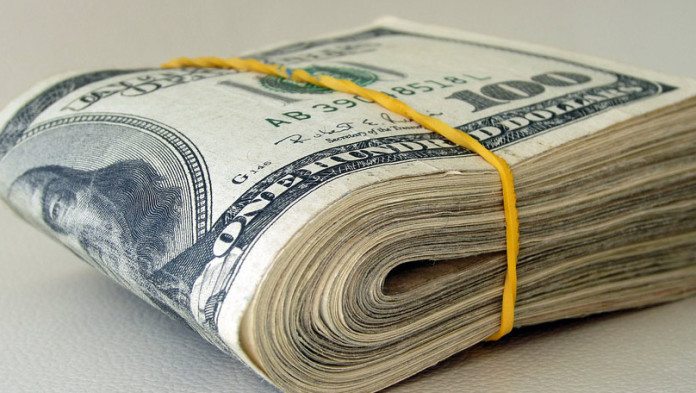
CASH generation has been so good in the mining industry over the past two years that analysts are asking whether the companies earning the dosh ought to return more of it to shareholders; the money belongs to its investors, after all.
For mining companies, however, the ‘should we, shouldn’t we’ dividend question is a dilemma. More often than not, company boards sanction payouts as a fixed proportion of earnings. Complying with shareholder wishes requires a special dividend, or a payout policy adjustment. Such bold decisions may border on the irresponsible if the money can be used better internally by replenishing resources, for instance.
“It’s a balance, that’s what we’re striving for,” said Stephen Pearce, CFO of Anglo American in February when asked about the firm’s payout. At $1,08/share, Anglo’s total dividend for 2019 was a whisper above the $1/share it announced for 2018. From a dividend yield perspective, Goldman Sachs thought it was a shade disappointing.
“Stephen’s a typical Aussie,” said Mark Cutifani, who is also Australian and the group’s long-standing CEO. “He’s got chips on both shoulders,” he quipped of Pearce’s search for balance. The audience, consisting of analysts, broke into measured mirth: it’s not a new joke, but the message was also a sober one: don’t expect a repeat of the $1bn share buy-back announced at the group’s interim stage, Cutifani was saying.
That’s because Anglo heads into peak funding for its 60% share of the $5bn to $5.3bn Quellaveco copper project in Peru next year (2021). Net debt as of end-2019 had already crept up slightly, and so it can’t leave itself stranded having also undertaken the £400m takeover of Sirius Minerals, a fertiliser minerals development company.
Pegging out tomorrow’s minerals is the lifeblood of a company, even if they don’t get immediate credit for it.
Kelvin Dushnisky, CEO of AngloGold Ashanti, said in an interview with Miningmx that it was crucial the company developed new reserves. The investment market has long stopped factoring in the value of reserves in the ground in a company’s share price, but it will also penalise a company that doesn’t have them, he said.
Asked if AngloGold Ashanti might build on its dividend payment for 2019, he said: “We would like to steadily increase the dividend but nothing changes from our strategy which is to chip away at the balance sheet and use the proceeds from cash flow to reinvest in our business.”
There’s good reason for this in the gold sector especially. “2019 was the first year the gold industry didn’t grow gold production; we were peak gold,” Mark Bristow, CEO of Barrick Gold – the world’s largest gold producer – told Miningmx. The world’s annual gold production is due to fall 30% in ten years, even if all the new projects currently on the board are developed.
But the mining sector is all too aware of its recent past in which it wasted money on big-bang projects. Instead of earning market share as intended, the projects flooded the market with metal, killed demand and lowered prices, and left the sector heavily indebted for which shareholders paid the price.
But as Anglo’s Pearce observed, it’s all about the balance.
“We need to win back generalist fund managers,” said Bristow. This requires rebuilding the sector’s relevance by providing proper returns. Barrick Gold wants to compete for investment dollars with Rio Tinto and BHP, the giant diversified mining firms, which means hogging the world’s best gold reserves.
“We would like to pay extraordinary dividends if they are appropriate,” said Neal Froneman, CEO of Sibanye-Stillwater when asked by an analyst last week just how far the company was prepared to go when it reinstated payouts after nearly two years of merger and acquisition activity which stopped them.
“We have discussed it at a board level, but we’ve not made any decision,” he said. “We would consider it [a special dividend] from the gold division because if you want to be dividend leading company, as Sibanye-Stillwater does, you have to do more than paying ordinary dividends.”











